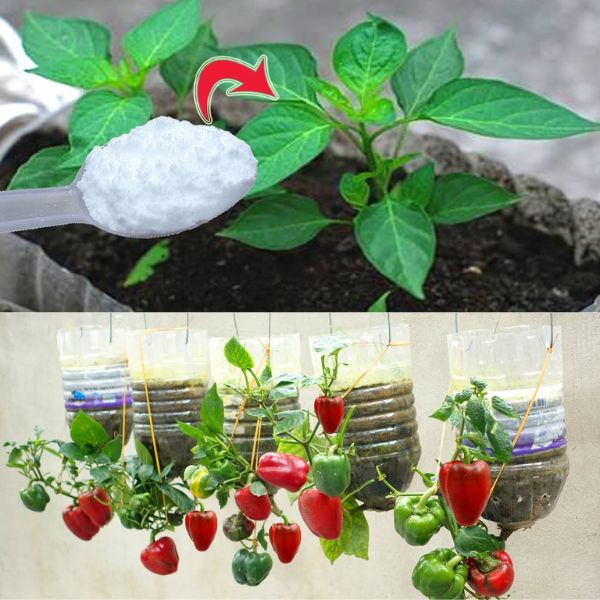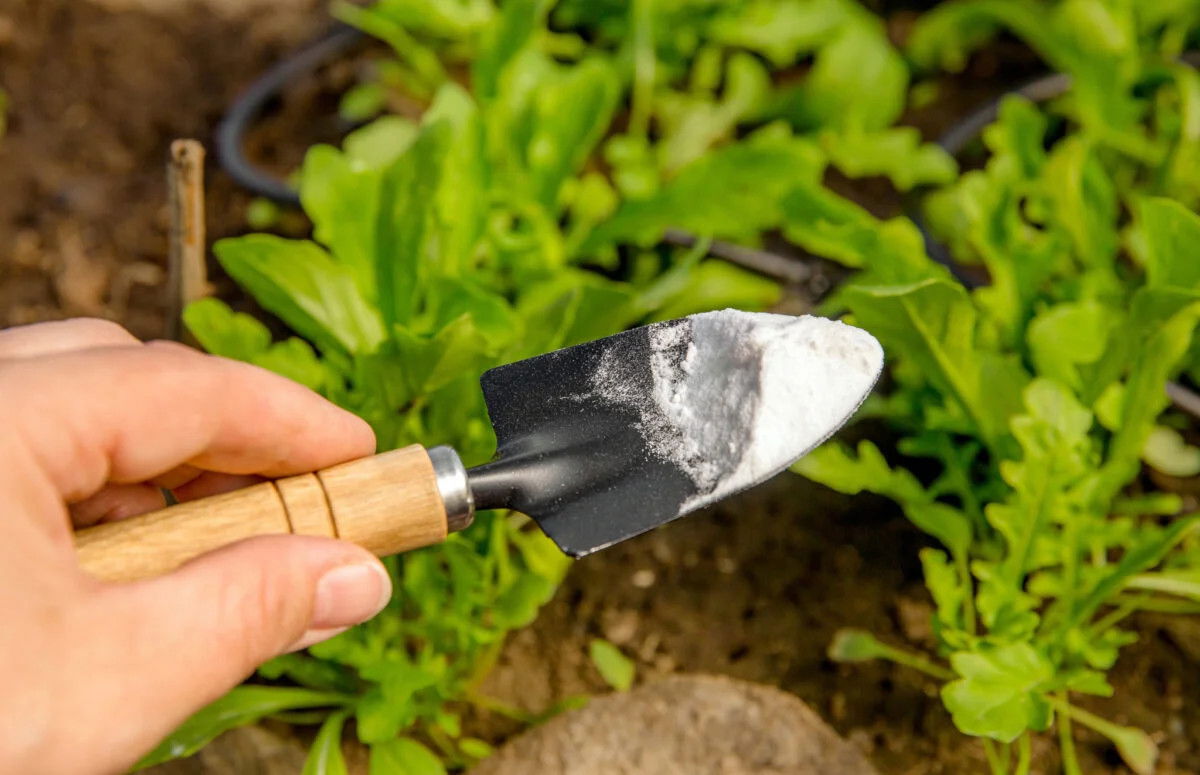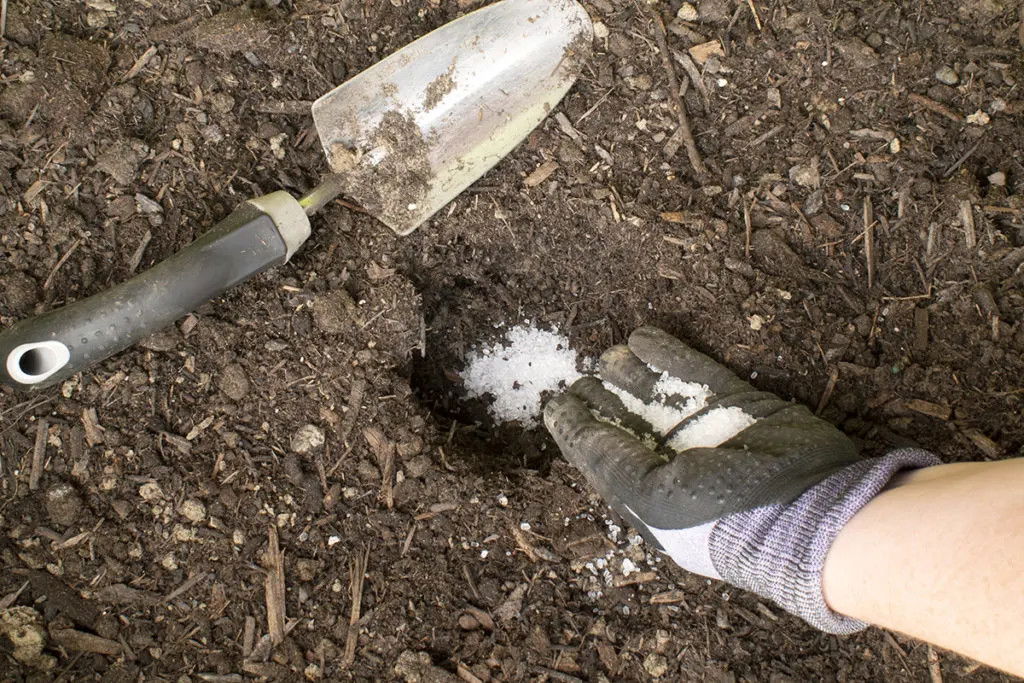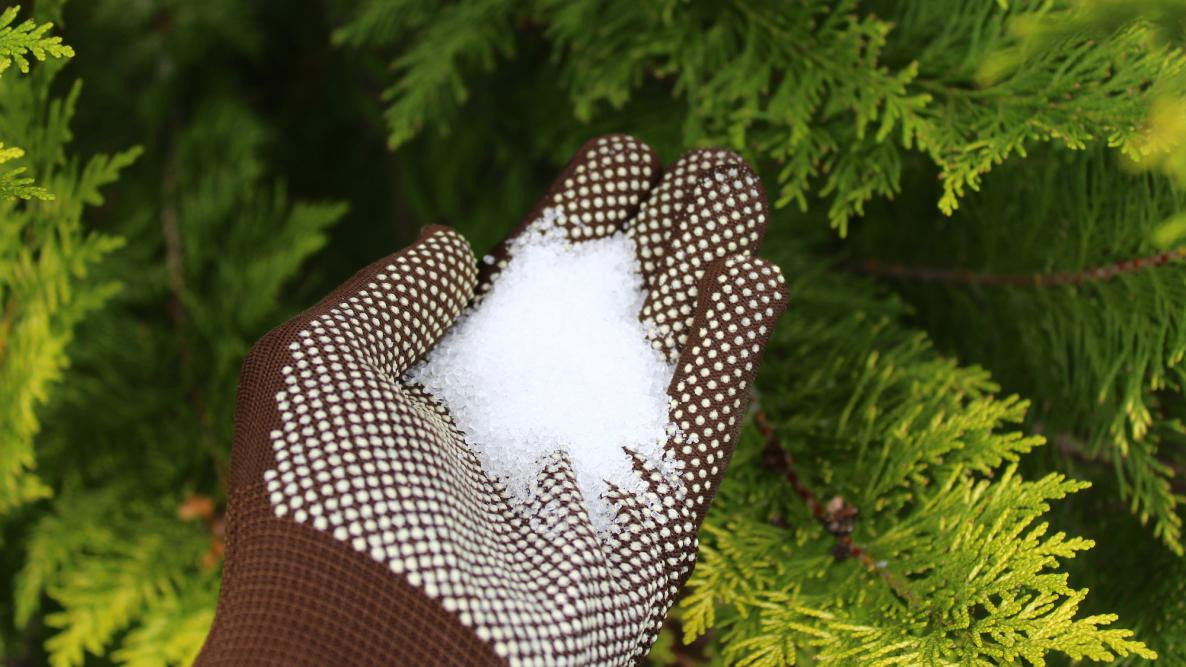
Epsom salt, also called magnesium sulfate, is a natural product that comes in the form of a white powder, composed of white crystals. In addition to its muscle-relaxing benefits, it is also beneficial for the garden. Discover the benefits of spreading Epsom salt in your garden.
What is the benefit of using Epsom salt in the garden?
Epsom salt to improve nutrient absorption
Magnesium sulfate improves the ability of cells to absorb minerals from the soil that are beneficial for proper growth, such as nitrogen, sulfur or phosphorus. This natural nutrient also helps plants better absorb chlorophyll, a plant pigment that forms plants and allows them to better capture light. And that’s not all. Epsom salt also helps strengthen plant roots and speed up their regeneration.

The plants thus become stronger and more vigorous. You can also use Epsom salt as a natural fertilizer, especially in soils low in sulfur and magnesium. To do this, just water each 10m plot 2 with one cup of this natural product. Stir the soil well before planting or sowing your plants. Upon contact with water, Epsom salt releases sulfate and magnesium which will then be absorbed by plants.
Epsom salt against parasites
Epsom salt is a natural alternative to combat pests that attack your plants, without using chemical pesticides. To repel gastropods like slugs and snails, simply sprinkle a little Epsom salt around the base of your plants. The magnesium sulfate crystals in Epsom salt irritate the bodies of pests that attack your plants. To eliminate insect pests, you can dilute Epsom salt in water and spray your solution on the foliage of infested plants.
Epsom salt to improve seed germination.

Epsom salt is known to promote seed germination. It strengthens cell walls and provides them with enough energy for growth. Young plants thus become more numerous and resistant. In addition to this, during the germination process, the seeds lose sulfur. Using Epsom salt will compensate losses. To do this, dilute a tablespoon of Epsom salt in 4 liters of water and use this solution to water your seedlings. You can also add a tablespoon of Epsom salt to the bottom of each seed hole.
This trick can be used once a month on seedlings, during the growing period.
Epsom salt to improve the flavor of fruits and vegetables
Epsom salt makes fruit sweeter by increasing the level of chlorophyll present in fruit tree cells.
To do this, dilute a tablespoon in 4 liters of water and apply this solution to the roots of fruit trees, but also vines or walnut trees, every month, during the period vegetative growth.

When it comes to vegetables, Epsom salt is especially beneficial for tomatoes and peppers. Since tomatoes often suffer from magnesium and calcium deficiency, it is recommended feeding them with Epsom salt more than other plants. To do this, simply water them with a solution of water and Epsom salt every two weeks. This will give you tastier tomatoes. The same goes for peppers that need to be fed with Epsom salt every two weeks to obtain a larger harvest.
That said, Epsom salt is an ally for your garden and orchard plants. In addition to feeding them and enriching the soil with magnesium and sulfate, it eliminates parasitic insects and obtains a better quality harvest.



















